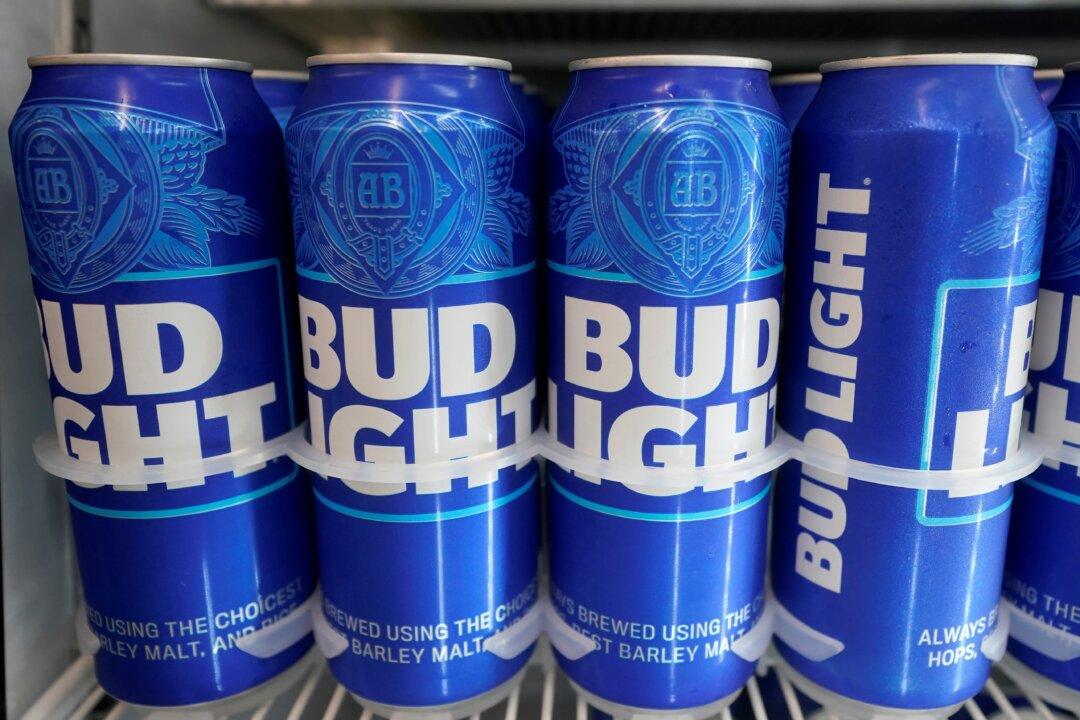After a significant decline in market capitalization and nationwide boycotts, Bud Light is now no longer among America’s top 10 most popular beers according to a prominent survey—with women ranking the brand lower than men.
Bud Light was ranked 15th in the list of the most popular beers in the United States during the second quarter of 2023, according to a poll by YouGov. In Q2, 2022, Bud Light was ranked ninth. In the recent poll, only 42 percent of respondents said they liked Bud Light, tying the brand with Miller Lite, Miller Genuine Draft, and Pabst Blue Ribbon which also received the same popularity score. Among men, Bud Light was ranked in the 13th position. Among women, Bud Light carried a lower rank of 17.





